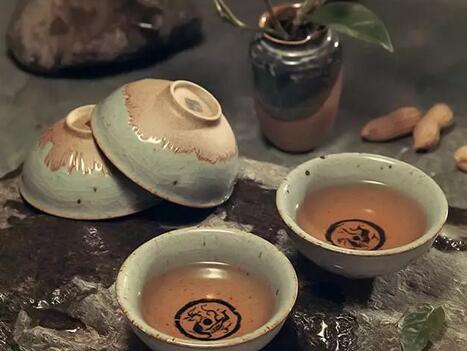Tea's health benefits remain its foremost attribute. Why drink tea? Why do regular tea drinkers appear younger?
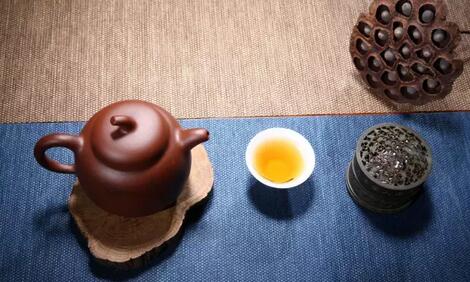
To understand youthfulness, we must first discuss aging. Aging, translated as "Aging" in English, is a natural phenomenon. It refers to the complex physiological and pathological process of functional decline at molecular, cellular, and organ levels—a hallmark of advancing age.
Aging is an inevitable law of life, irreversible even for emperors who dreamed of immortality. While aging cannot be stopped, it can be delayed. Among the 300+ theories explaining aging mechanisms, the free radical theory is the most widely accepted.
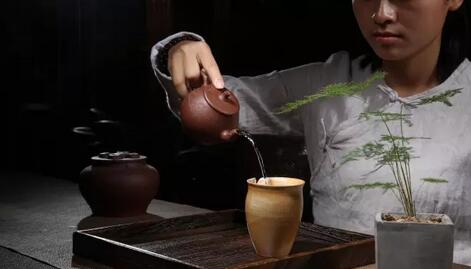
What exactly are free radicals?
Free radicals are byproducts of metabolism, essential for life. Under normal conditions, the body balances their production and clearance, rendering them harmless.
With age, the ability to clear free radicals declines, leading to excess radicals that cause lipid peroxidation, damage cell membranes, disrupt metabolism, and accelerate aging. Thus, eliminating excess free radicals can delay aging and preserve youth. This is where antioxidants come into play.
Antioxidants are substances that scavenge oxygen free radicals, inhibit or mitigate oxidation. Tea polyphenols are one such antioxidant.
As early as the 1960s, Japanese scientists discovered that tea contains abundant tea polyphenols—a potent antioxidant.
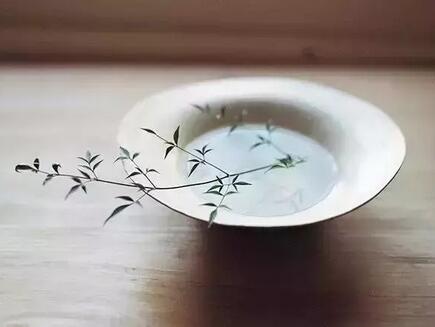
How do antioxidants neutralize harmful free radicals?
Research highlights several mechanisms:
① Antioxidants reduce oxygen levels in reactions through chemical processes.
② They inhibit or weaken oxidative enzymes.
③ They interrupt chain reactions in oxidation, halting the process.
④ They sequester metal ions and other pro-oxidants, extending the induction period and slowing oxidation.
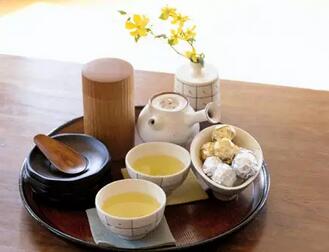
Why are tea polyphenols standout antioxidants?
Tea polyphenols are a complex mix of phenolic derivatives with varying molecular weights, polarities, and structures. Their benzopyran backbone and multiple hydroxyl groups endow them with strong hydrogen-donating capacity, making them ideal natural antioxidants that combat oxidative stress in the body.
Tea polyphenols are categorized into four groups: flavanols (e.g., catechins), anthocyanidins (e.g., leucoanthocyanidins and anthocyanins), flavonols (e.g., flavonoids and flavonol glycosides), and condensed tannins. These compounds effectively scavenge free radicals, with catechins playing a key role due to their phenolic hydroxyl groups.
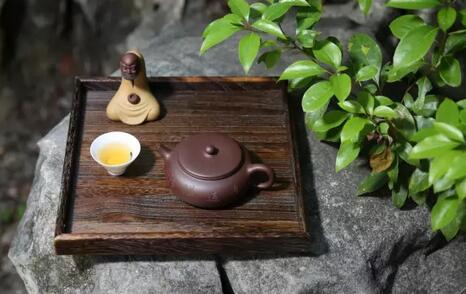
What changes does regular tea drinking bring?
Long-term tea consumption slows aging, whereas non-drinkers age at a normal pace, making tea enthusiasts appear younger.
Extensive studies show tea polyphenols are not only safe, natural antioxidants but also exhibit antimicrobial, antiviral, anticancer, and cardiovascular-protective properties.

How to drink tea for youthful benefits?
2–3 cups daily sustain optimal polyphenol levels, subtly delaying aging. Pair this with antioxidant-rich foods like fruits and vegetables.
A youthful mindset and stress reduction are equally vital. Embrace life passionately—it radiates vitality.
Three cups a day foster a healthy routine—the simplest path to youth.
